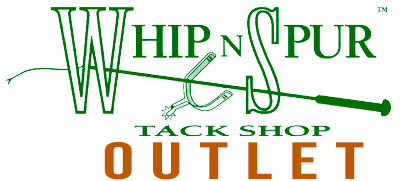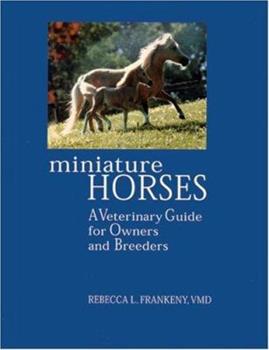Description
Maintaining good equine health, and prompt diagnosis and treatment of illness or injury are Number One concerns for any horse owner. In the case of Miniatures, having the right information at your fingertips can often make the difference between having a positive result or a tragic one. This veterinary guide addresses the special medical concerns of the Miniature Horse, as they pertain to small size and the attendant unique physiological and metabolic demands. Dr. Rebecca Frankeny approaches Miniature Horses from both a veterinary standpoint and that of an owner, and her fondness and appreciation for the breed gives her advice a nice personal touch. Dr. Frankeny holds the position of surgeon at Comstock Large Animal Hospital in Reno, Nevada, and also teaches equine medicine to pre-veterinary students and animal science majors. This guide is organized by systems: Musculoskeletal (in-depth discussion of feet and legs), Respiratory, Teeth and Jaws, Liver (including hyperlipemia and hepatic lipidosis), Gastrointestinal (colic including causes, diagnosis, treatment, prognosis, and when to call a veterinarian), Endocrine (diseases as they relate to treatment in Miniatures), and Reproduction (extensive information on special needs of Miniature mares). A brief, but informative chapter on dwarfism outlines what it is, how and why it appears, and how to care for dwarf Miniatures. Contributing author Stephen Duren, Ph.D. discusses nutrition in Miniatures, with special emphasis on balanced nutrients in feed, and nutritional needs of various stages in the Miniature's life. He also discusses feeding the overweight or underweight horse, needs of older horses, stallions, broodmares, growing horses, and performance horses. This information is of great value to any owner, new or seasoned. Several appendices enhance the text: Normal Physiological Parameters and a list of Poisonous Plants are good information to have. A chart of Clinical Signs of Disease is one of the outstanding features in this book-a quick look-up for a symptom has the corresponding page number next to it. The final appendix is a list of resources for Miniature Horses; the only disadvantage to such information is that as the book ages, so does the contact information. This book is well-written and understandable, for both laypersons with no equine experience, and established owners. The author is careful to explain new words and, in many cases, veterinary terms are in boldface type with extended explanation in the glossary. The text is nicely enhanced with color photos and good diagrams. A comprehensive index rounds out this excellent book, which should be part of any Miniature Horse owner's reference bookshelf.
By Rebecca L. Frankeny, VMD

